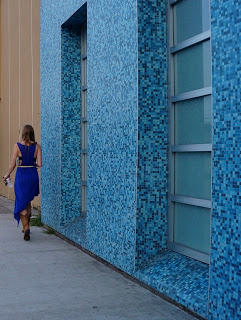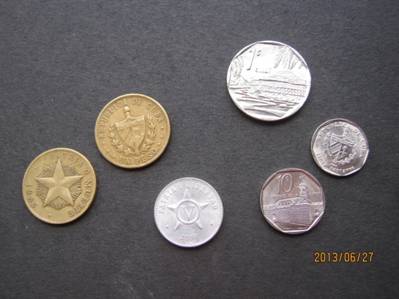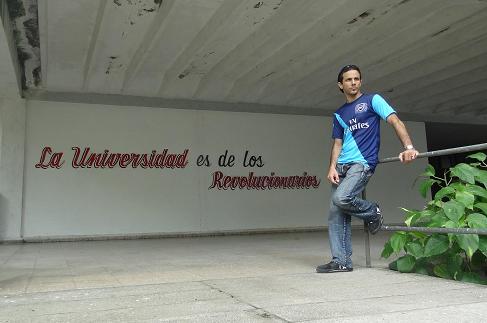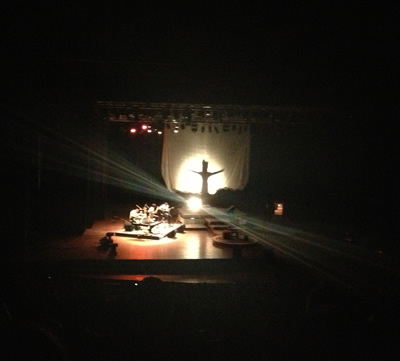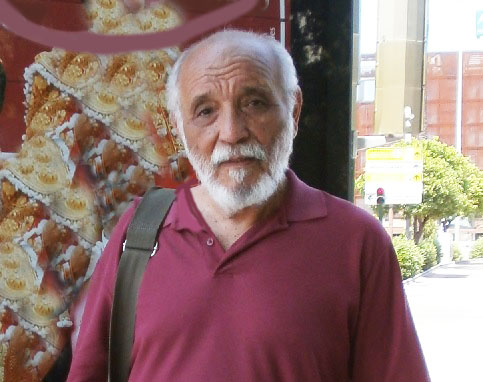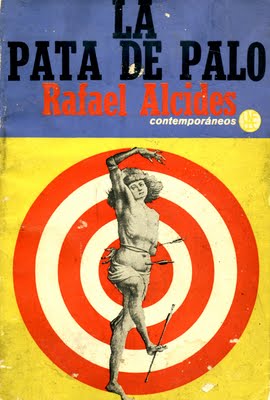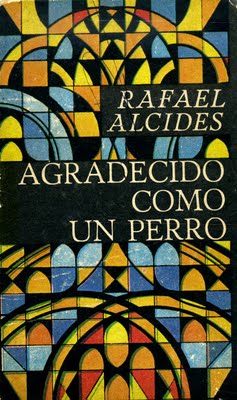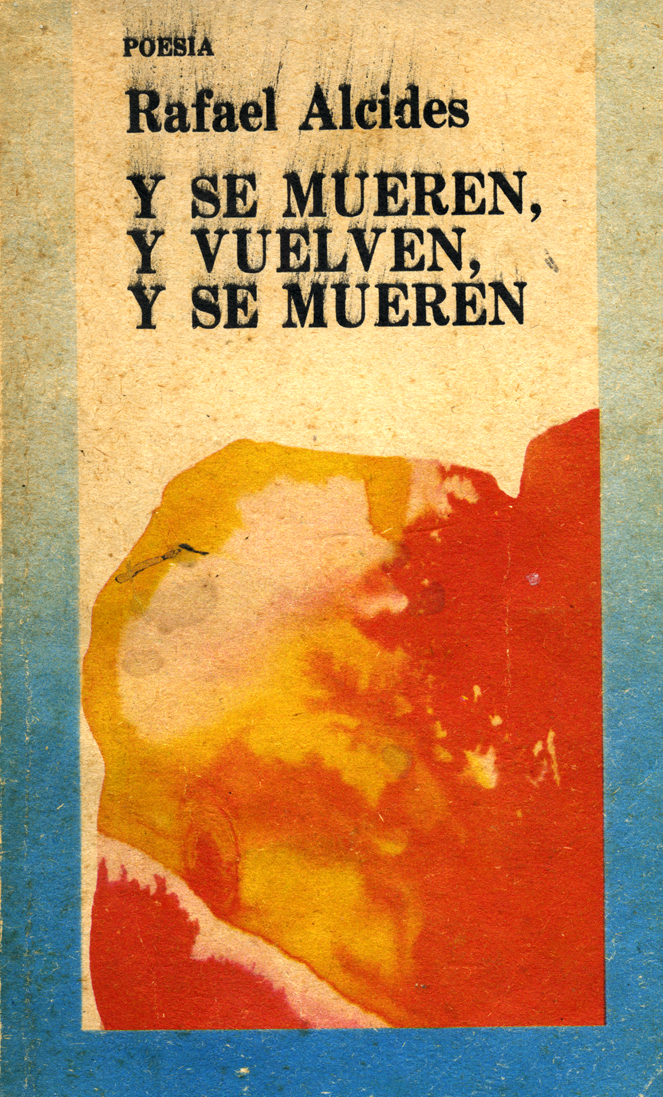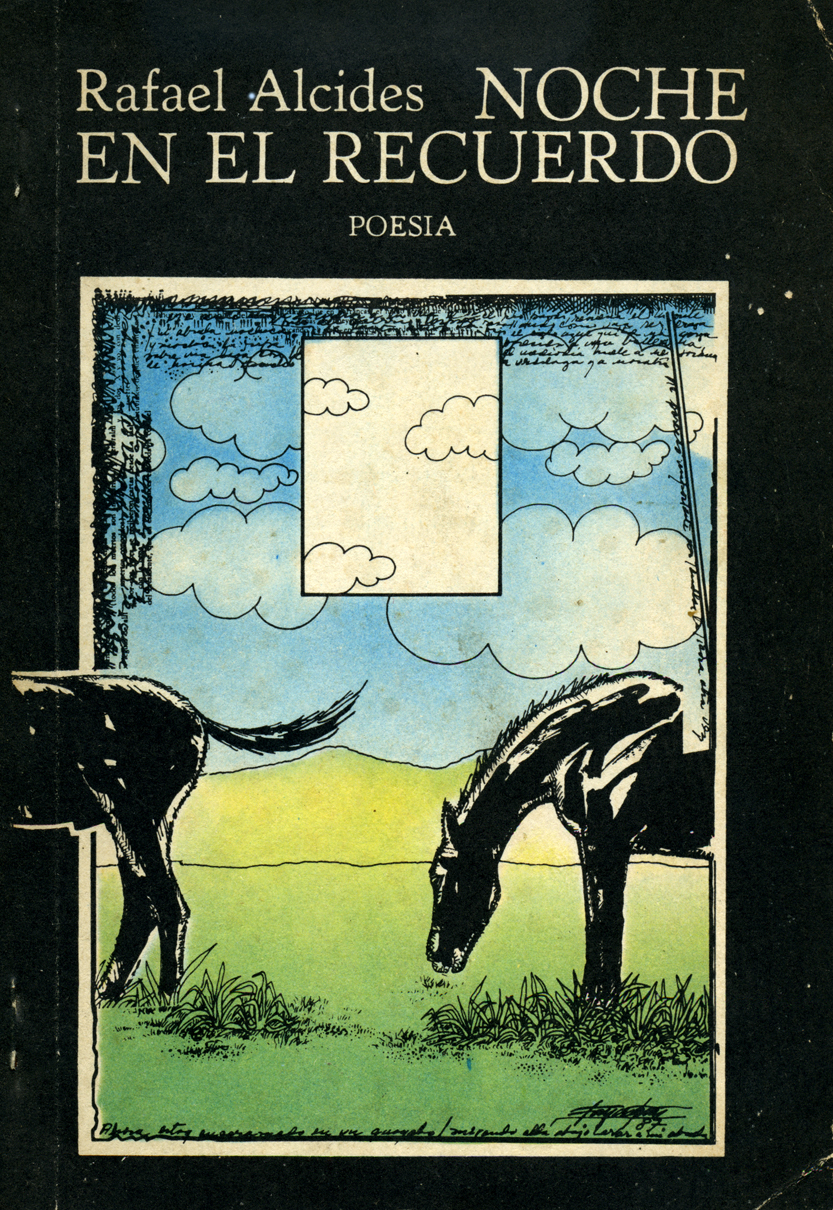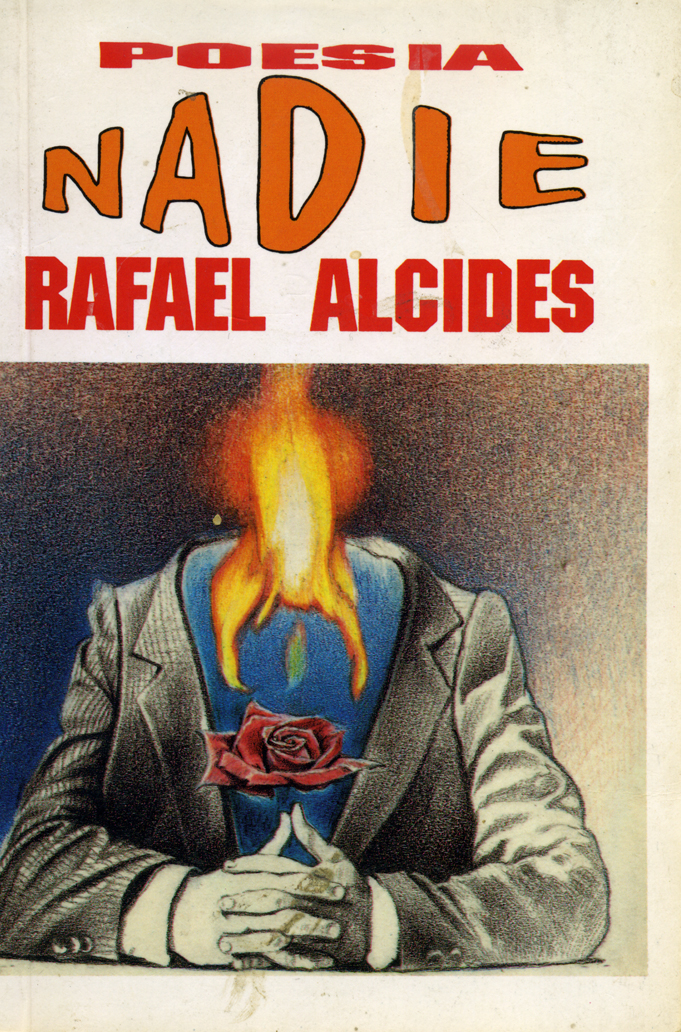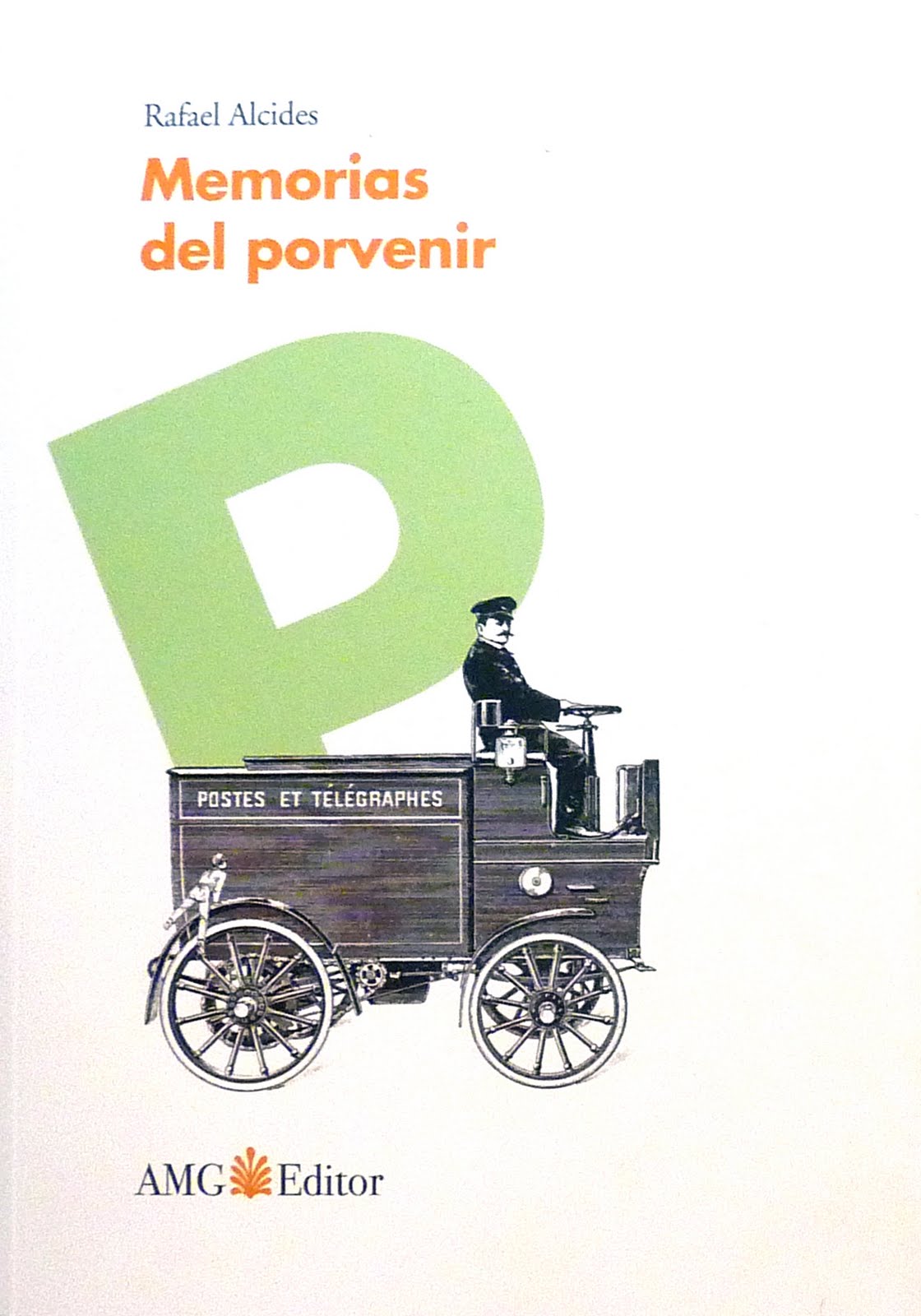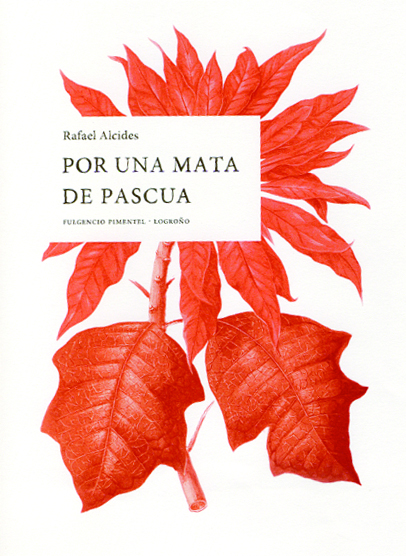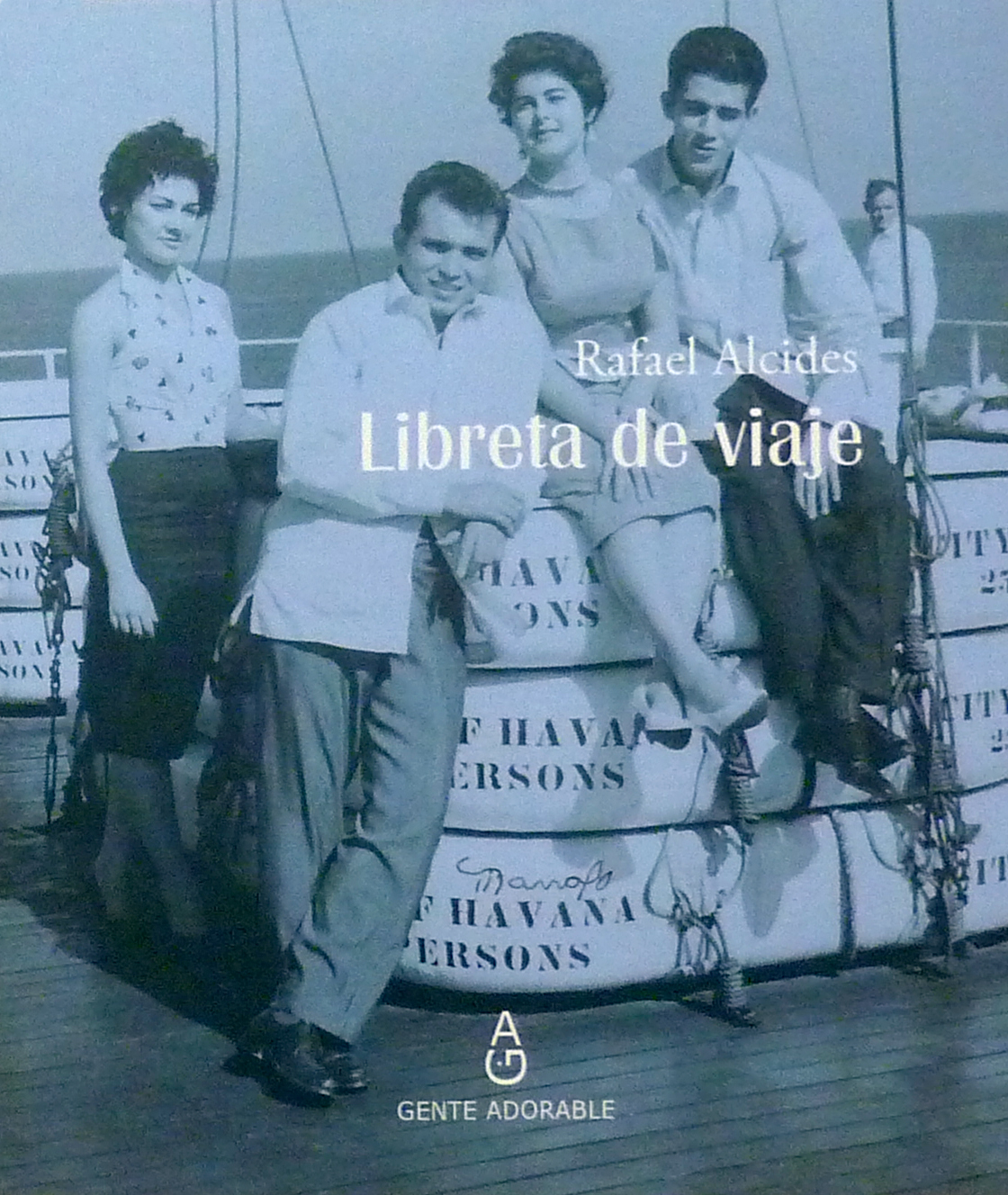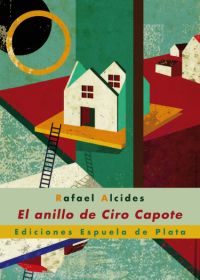By Jennifer Fonseca Padrón, Activist and Independent Journalist
(www.miscelaneasdecuba.net) | Four years after the birth of the Network of Civic Libraries (NCL), its members and founders decided to come together to honor the date, look at the accomplishments of their work and set new goals to reach. The celebration took place at the NLC headquarters where a dozen librarians exchanged ideas and made a brief account of the founding and development of the organization; among them the presence of Teresita Castellanos, co-founder and integrant of this civic organization, should be highlighted.
“The Network of Civic Libraries was created in mid-June 2009 at the request of a group of librarians who were then dispersed without being part of any project or already disappointed at others,” says Omayda Padrón, National Coordinator from the start to this day. One of the future goals to achieve is the growth and rescue of libraries across the country, she added. “The work of independent libraries is equally important to the work of movements, political parties and other civic organizations because it represents a permanent source of resistance against the government in any community, city or province,” said León Padrón, a reporter invited to the talk.
The main objectives of the Reinaldo Bragado Bretaña Network of Civic Libraries are book launches in independent libraries, giving lectures, literary gatherings, offering courses on leadership, human rights, Twitter, among others; exchanging ideas with other organizations and mainly to make known books that have been censored by the government, as well as to promote unknown literature in Cuba by Cuban writers from the diaspora who were once convicted and even their work was banned. This was the case of Reinaldo Bragado Bretaña, the writer and reporter the Network is proudly named after.
Also it needs to be highlighted that within the Network we are developing the Animated Smiles Project which consists in rescuing civic values, encouraging reading as a habit and regaining the culture where children play children’s games, particularly for those who live in the outlying communities of Havana where most of the families are dysfunctional and present problems of alcoholism, drug and domestic violence and many more, expressed Padrón.
Translated by: Chabeli
21 June 2013

